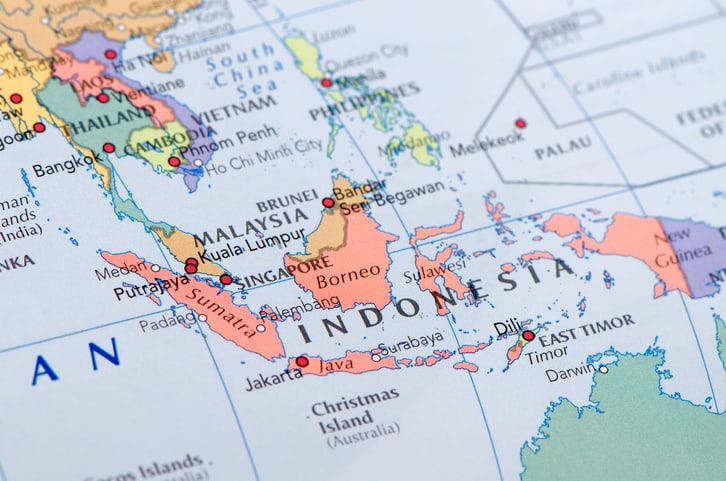Indonesia's (Baa2 stable) GDP growth will slow to its lowest rate since the 1998-99 Asian financial crisis, with prolonged risk aversion likely to weigh on already weak debt affordability and test external buffers, said Moody's Investors Service in a recently released report.
"Although growth in the first quarter will only slow modestly, partial shutdowns across Jakarta and other parts of Java – the epicenters of Indonesia's economic activity – indicate that the deceleration will be relatively rapid,," said Anushka Shah, a Moody's vice president and senior analyst.
Moody's now expects Indonesia's real GDP growth to slow to 3.0% in 2020 before recovering to 4.3% in 2021.
"Meanwhile the 20% drop in the rupiah against the dollar since early February and the spike in bond yields will have economy-wide effects, particularly if prolonged," Shah noted.
Sizeable non-resident investment in Indonesia exposes the country to swings in capital inflows, which are then amplified during episodes of global financial market stress, the rating agency said.
As in the past, this will weigh on debt affordability and external accounts, but to a magnified extent, and also have implications for corporate health and consequently bank asset quality, the firm added.
Indonesia's response to contain the coronavirus outbreak has lagged some other countries in the region, but its policies to limit the related economic and financial shock have been introduced in a relatively coordinated manner, Moody’s observed.
Nevertheless, and similar to other sovereigns, Moody's said it expects the government measures will at best buffer the impact of the shock, rather than reverse or resolve it.




